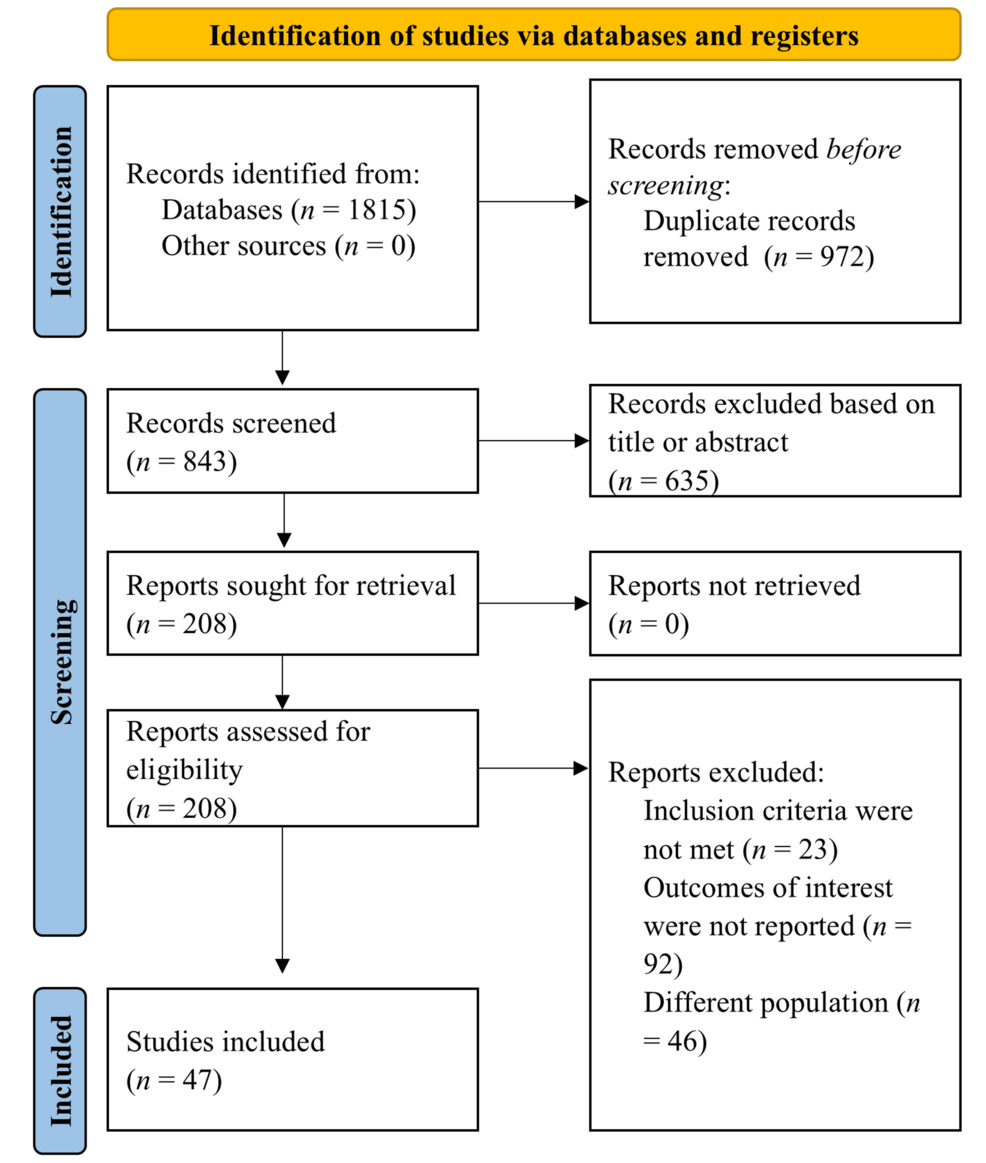Depression affects approximately 30% of cancer patients in Eastern Europe, severely diminishing their quality of life and hindering their ability to cope with illness. This mental health challenge can lead to increased feelings of isolation and despair, complicating treatment and recovery.
For many patients, faith provides a source of strength during these difficult times. In a recent study, researchers explored how Christian beliefs and practices help cancer patients manage depression. They found that spiritual activities—such as prayer, attending church services, and engaging in community support—are commonly utilized coping strategies.
Participants reported that prayer not only offers emotional solace but also fosters a sense of connection to a higher power, which many found comforting. Approximately 70% of the patients surveyed indicated that their faith helped them feel less alone in their struggles with cancer and depression.
Moreover, community support through church groups and faith-based organizations proved vital. Patients who engaged with these communities experienced lower levels of depression and anxiety compared to those who did not. For instance, participants involved in church activities reported up to a 50% reduction in depressive symptoms, attributing this improvement to the emotional and spiritual support received from peers.
This research highlights the importance of integrating faith-based coping strategies into mental health treatment plans for cancer patients. By acknowledging the role that spirituality plays in their lives, healthcare providers can tailor interventions that resonate more deeply with patients’ beliefs and values.
The findings suggest a need for greater collaboration between mental health professionals and faith communities to provide comprehensive support for patients facing both cancer and depression. Encouraging spiritual practices as part of a holistic approach may lead to improved mental health outcomes for these individuals.



